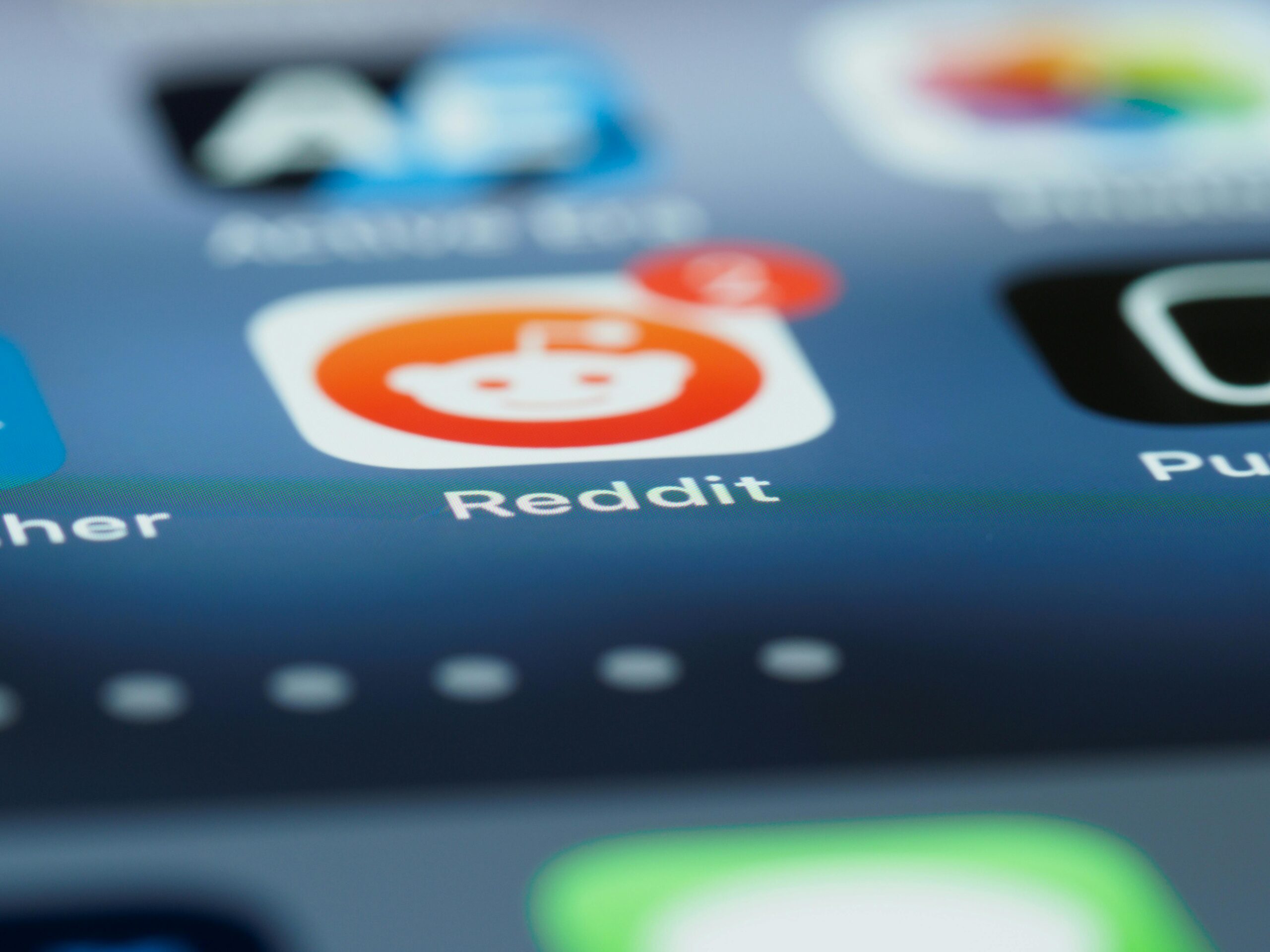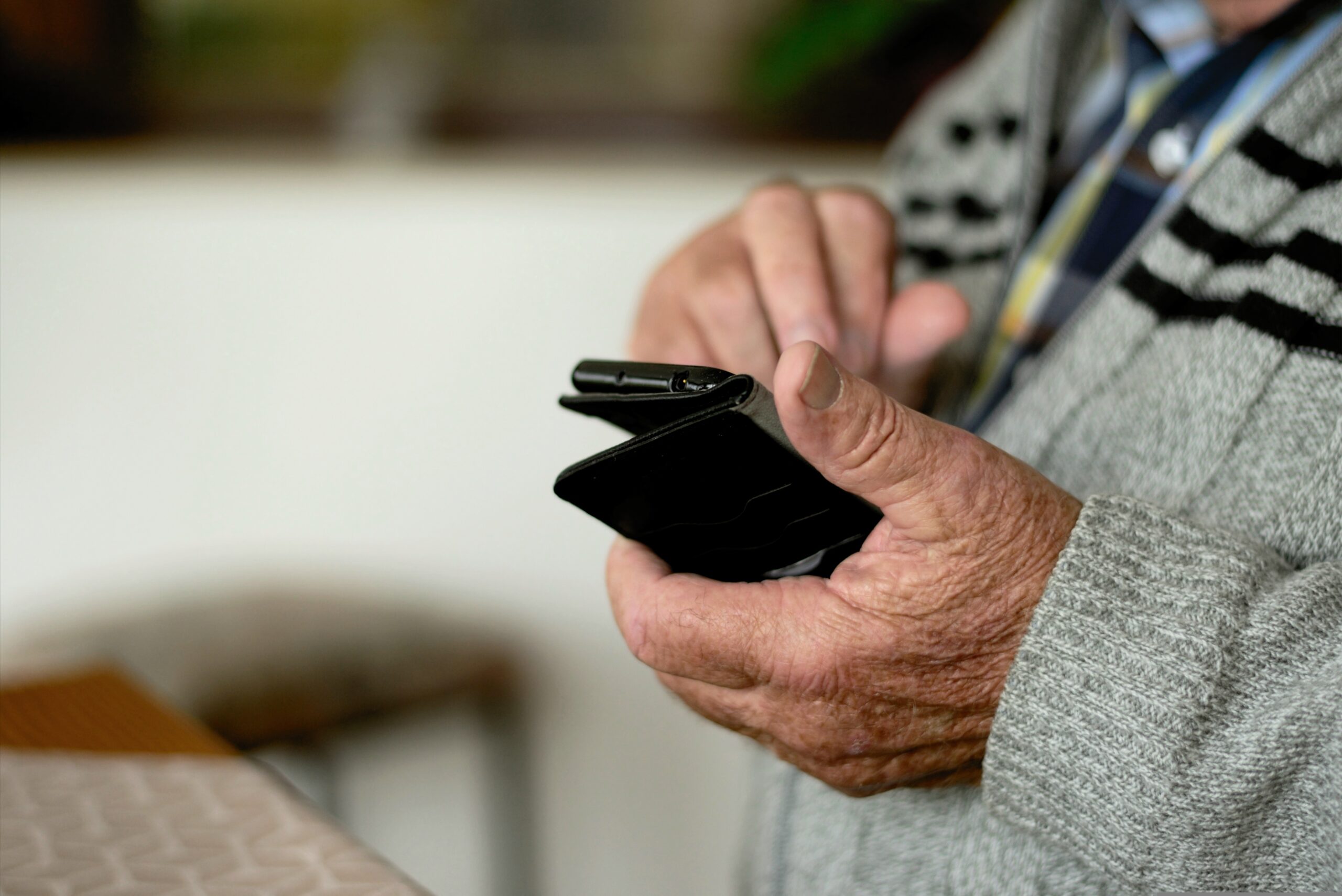UK will switch to Google and Apple system after discovering that less than one in 20 contacts were detected on the latter’s devices by the NHS’s own system
Credit: jburson from Pixabay
After three months’ work and millions of pounds spent, the government has ditched plans to roll out the NHS contact-tracing app across England and instead use a technology based on the system developed by Apple and Google.
The two tech giants have created a system that can use Bluetooth technology with a 99% success rate – on both Apple and Android devices – in using Bluetooth technology to successfully detect other app users in close proximity. The technology has, however, been shown to be slightly less effective at estimating precise distance and in some cases cannot accurately tell whether another phone is three metres or one metre away.
The government has claimed that its own app – the development of which was led by NHSX – is better at calculating distance between contacts.
But, crucially, it can only successfully detect 75% of contacts from Android devices – and just 4% from iPhones.
Due to the lack of precision of its distance estimates, the Google and Apple framework “does not yet present a viable solution”, the government added. But, for the UK test and trace programme, from now on “the focus of work will shift from the current app design and work instead with Google and Apple”.
Related content
- Contact-tracing app began 11-week load-testing programme in mid-May, documents reveal
- MPs and peers call for urgent data-protection law for contact-tracing app
- DHSC finds that Serco ‘processes have been strengthened’ after contact-tracing data breach
The UK will explore with the two companies how some of the successful parts of the NHSX app could be incorporated into their offering.
The abandonment of development for the UK’s contact-tracing app represents something of a dramatic climbdown for the government which, several months ago, decided to go its own way and build technology based on a centralised model, rather than adopt the decentralised system build by Google and Apple.
The decentralised system does not store data in a single location, with information kept only on the phones of individual users. A centralised system, meanwhile, enables for the collation of data in one place, allowing for it to be studied by public-health officials leading coronavirus response.
The UK is one of a number of countries to try and pursue this model – and it is not the first to come up short.
Germany, Italy and Denmark are among those to have changed their plans and gone for a decentralised model, while the Norwegian app was this week suspended – with all data collected so far deleted – after an Amnesty International investigation found it was “deeply intrusive”.
In addition to whatever internal time and resources have been committed by the NHS and government into developing the UK app, at least £11.8m has been spent across about 15 contracts awarded to external providers working on the development of the technology.
Development delays
When the software launched for public testing on the Isle of Wight in early May, the government claimed it would be ready for nationwide rollout by the middle of the month. This target was then shifted back to the end of May, and then simply to sometime “in the coming weeks”.
This week, the Department of Health and Social Care minister overseeing work on the app, Lord Bethell, told a select committee that the technology “isn’t a priority” for the government and that it now hoped it might be ready by “winter”.
His comments reflected a change in recent weeks in the terms in which the app is talked about by ministers and officials. Having initially been framed as the central pillar of the plans for the country’s track and trace strategy, it has latterly been described as merely a “cherry on top” of the manual contact-tracing programme which launched last month.
A target UK launch date for a program based on the Apple and Google system has not yet been announced.
Health and social Care secretary Matt Hancock said: “We knew from the start that we would need to test and learn as we developed this new technology. The NHS Covid-19 app has undergone some of the most rigorous testing in the world – utilising a real-world trial on the Isle of Wight pilot and in a series of field tests – and I want to thank all of those involved.”
He added: “As we enter this next phase of research and development we remain determined to continue in our ambition to develop an app which meets the technical, security and user needs of the public and which can complement the NHS Test and Trace service. Countries across the globe have faced challenges in developing an app which gets all of these elements right, but through ongoing international collaboration we hope to learn, improve and find a solution which will strengthen our global response to this virus.”



